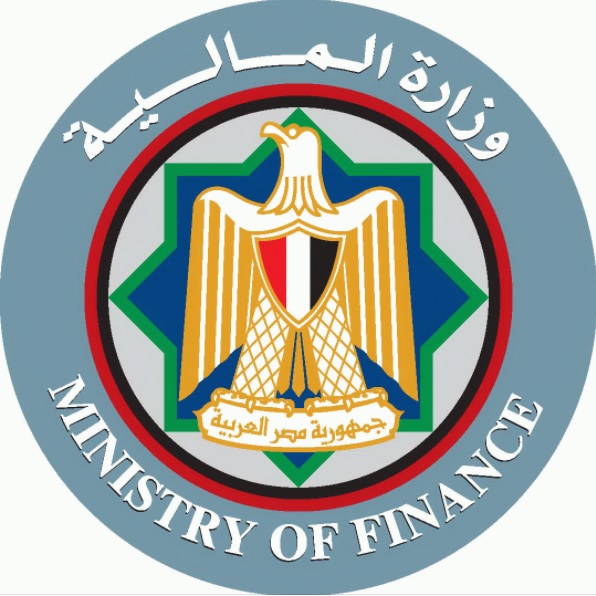The Egyptian House of Representatives has approved amendments of certain provisions of the Sovereign Wealth Fund (SWF) establishment law. These amendments gave the SWF, which is subject to orders only from al-Sisi, the right to take over 126 public sector companies.
The House of Representatives approved the amendments of three articles of law no. 177 of 2018 related to establishing a sovereign wealth fund for the investment of some of the state’s assets. The amendments of article 6 authorised al-Sisi to transfer ownership of the state’s assets, whether exploited or unexploited, to the fund and publicise the president’s decision of ownership transfer of the stipulated assets to the fund by direct deposit without fees while retaining the deposit’s legal impacts of the month.
The Minister of the Public Business Sector, Hisham Tawfiq, estimated these assets to amount to 126 companies, all of which are affiliated to the Ministry of Public Business Sector. In the third paragraph of article 6, the amendments also approved the mechanisms of the fund’s assets valuation as it stipulated the freedom of the fund to hire an international expert to evaluate the assets owned by the fund whenever circumstances warranted it and in accordance to the Board of the Fund’s decisions. Likewise, the amendments approved collaboration and sharing with the corresponding Arab and foreign funds and various financial institutions to expand the fund’s business and targets. As for article 19, it approved the total exemption of the inter-transactions of the fund and the entities owned by it from taxes and fees.
The State Council made many observations about the law, among which was that it compromises the interests of the workers at the companies whose ownership will be transferred to the fund. Therefore, and according to article 17 of the law of Labour Union Organisation and the protection of the right to organise, that mandates seeking the opinion of the Trade Union Federation about such laws. The project’s documents, however, were devoid of any such consultation in a manner indifferent to the workers’ laws and rights.
The Egyptian House of Representatives approved the establishment of the sovereign wealth fund of Egypt on July 16 2018 with a capital of EGP 200 billion ($12.5 billion). The fund’s issued capital was EGP 5 billion ($313.5 million), which enabled the president to transfer the state’s assets to the fund’s ownership. The fund has the right to dispose of any of the assets either by sale, lease-to-own, or share as an in-kind portion.
The fund establishment’s law was marked by several disasters, including giving the right to sell Egypt’s assets of companies and real estate without consulting anyone, while immunising these sales decisions against being challenged by citizens.
Al-Sisi has the sole power of decision-making related to this fund as its administrative levels consist of a board of directors appointed by the president and a general assembly appointed by the president also.
The Board of Directors consists of the Minister of Planning as the non-executive Chairman of the Board, five independent members, and representatives of the Ministries of Finance, Planning, and Investment. The membership term lasts for four years and the board is responsible for setting the fund’s vision and public strategy, monitoring performance, and approving the annual budget.
As for the General Assembly, it consists of the Ministers of Finance and Investment, two ministers of economic affairs determined by the Prime Minister, and seven experienced members. The General Assembly’s membership term lasts for three years and the assembly is responsible for the approval of financial statements, the exoneration of the income and assets of the board members, and monitoring the fund’s performance.
The fund has a separate budget. Its resources consist mainly of its capital and the assets it owns or takes over from the state property, investment revenues, loans, and the facilitations it offers. The law allows this fund to establish sub-funds, either on its own or with the participation of Egyptian, Arab, or foreign funds, banks, or institutions.
The fund’s audit is carried out by two auditors, one from the Accountability State Authority and the other from the registered auditors at the Central Bank or the Financial Regulatory Authority. After a parliamentary oversight was called for, the Planning and Budget Committee proposed an amendment to the law whereby financial statements, the auditors’ reports, and the detailed annual report of the fund’s activity and plan are to be submitted to the House of the Representatives. Ali Abdel Aal, however, rejected this amendment during the final vote.





Recent Comments